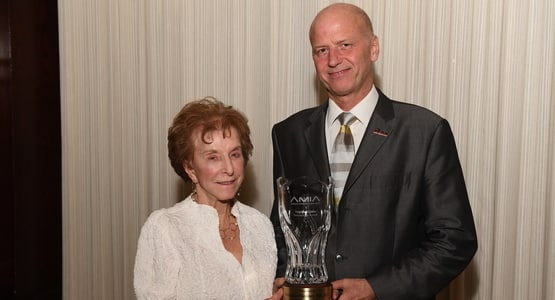Granger Confirms IT Spend at £2.3bn
- 20 January 2003
Long-awaited official confirmation of the figure for NHS IT modernisation spending was revealed this week – £2.3billion will be spent over the next three years.
According to a 20 January Financial Times report, which includes the first published interview with Richard Granger, the new NHS IT Director General, NHS spending on IT will rise by an additional £400m a year from April 2003, rising to £700m the year after, to £1.2billion in 2005-06. This new money will come on top of the estimated £1billion a year the NHS currently spends on IT.
The figures are slightly below the £2.5 billion figure Mr Granger was reported to have given at an industry supplier event in December last year, but are broadly in line with the £5 billion extra over five years indicated in the strategy document ‘Delivering 21st Century IT Support for the NHS’ published last summer.
Mr Granger also signalled a change in previous thinking on the likely working pattern for the Prime Service Providers (PSPs) who will be tasked with implementing the IT modernisation. It seems the idea now is that consortia – numbering rather more than the three to five PSPs originally mooted – will be given regional franchises.
He said there would not be 28 – one for each strategic health authority – but that he “would be uncomfortable if we were down in the low digits – three or four.”
There was also a blunt message to the industry about the need to restructure to deliver a programme on the scale envisaged. Even the big IT companies did not have the project management expertise needed, said Mr Granger. He has told them to talk to big civil engineering and construction groups with project management skills.
The new investment is at the lower end of the scale called for by Derek Wanless in his 2002 report on long-term funding of the NHS, which called for an immediate doubling in IT spending.
Significantly the FT report states that Mr Granger indicated that it will not be until later this year that it will become clear what targets for key areas like electronic patient records, electronic transfer of prescriptions and electronic booking, contained in the National Information Programme would be achieved by 2005.
According to the FT report Mr Granger said that not until later this year, "when I have bids from suppliers that have completion risk and performance risk clearly attached to their proposals, will I know the exact timetable."
Mr Granger went on to say that the challenge, on which work is just beginning, was to take the national targets and break them down into a "meaningful deployment plan – one that will mean something to patients, clinicians and managers."
He stressed that the decision to fund the programme conventionally and not to apply the private finance initiative to the project was something the supplier industry should view very positively.
There was encouragement too for the NHS’s 20,000 existing IT professionals who, Mr Granger told the FT, would be key to the forthcoming deployment. “This can’t be done by sending in a crack squad of IT practitioners with no understanding of the NHS. Anyone who suggests that is badly ill-informed.”




